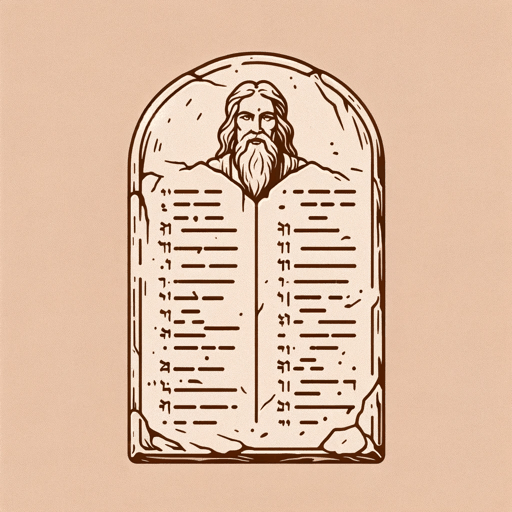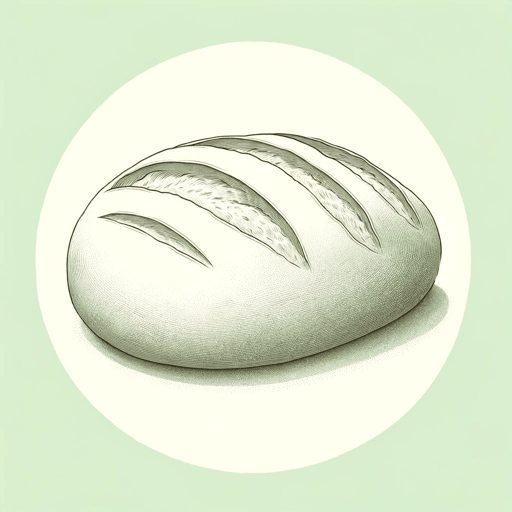24 pages • 48 minutes read
AnonymousSir Orfeo
Fiction | Poem | Adult | Published in 1329A modern alternative to SparkNotes and CliffsNotes, SuperSummary offers high-quality Study Guides with detailed chapter summaries and analysis of major themes, characters, and more.
Summary and Study Guide
Overview
Sir Orfeo is a 600-line narrative poem that was written in England in the late 13th or early 14th century. Nothing is known of the author. The source of the poem was likely an old French or Breton lai (“lay” in English)—a traditional musical and poetic form. Sir Orfeo combines elements of Celtic folklore with the classical Greek myth of Orpheus and Eurydice, although with significant differences from the latter. With its themes of loss and recovery, love and loyalty, and the transformative power of music, as well as its happy ending, Sir Orfeo is one of the most accessible and rewarding of medieval verse romances for the modern reader. The poem was written in Middle English, and there have been a number of translations into modern English.
This study guide is based on the translation by J. R. R. Tolkien in Sir Gawain and the Green Knight, Pearl and Sir Orfeo (Houghton Mifflin, 1975, pp. 123-37).
Poem Text
Anonymous. Sir Orfeo. Translated by J. R. R. Tolkien. Late 13th or early 14th century. All Poetry.
Summary
Sir Orfeo is an English king who is also an excellent harpist. He lives with his queen, Lady Heurodis, in Winchester. One day, in May, Heurodis and her two maids sit under a tree in the orchard. Heurodis falls asleep and has a dream vision. When she awakes, she is in distress, scratching her face and tearing her clothes. The maids run to the palace for help, and Heurodis is carried home, shrieking and struggling. Heurodis tells Orfeo that she was visited by the fairy king, who took her to his palace and then returned her to the orchard. He told her that the next day she must again be at the grafted tree, and he and his fairy companions would take her away, and she would live with them forever.
The next day, the king and his knights are powerless to prevent the abduction of Heurodis. Grief-stricken, the king goes into the wilderness, appointing his steward to govern the country in his absence. Orfeo dresses like a beggar and wanders alone in the wilderness for 10 years. His only pleasure comes from playing his harp. Sometimes, he would see the fairy king and his retinue. Then, one day, he sees Heurodis among a group of fairy ladies. After they exchange a silent gaze, Orfeo follows her back to the fairy kingdom, which they reach by going through the side of a hill. He gains entry to the fairy castle and asks the king for permission to play his harp. Everyone is delighted by his music, and the king says that he can have anything he asks for. Orfeo asks for Heurodis. The king refuses at first but then grants Orfeo his wish.
Orfeo and Heurodis return to Winchester and stay the night at a beggar’s lodging. The next day, Orfeo goes into the city, where he happens to meet his steward, who does not recognize him but invites him to the palace, where Orfeo plays his harp for everyone. The steward then asks him how he acquired the harp, and Orfeo says he found it by the side of a man who had been killed by lions. The steward thinks that must have been Orfeo, and he expresses grief at the loss of the king. Orfeo, realizing that the steward has remained loyal to him, reveals who he is to both steward and court. They all pay allegiance to him, and he is restored as king. He and Heurodis live for a long time, and after their deaths, the steward takes over the realm.
Related Titles
By Anonymous

Arabian Nights
Anonymous

Arden of Faversham
Anonymous

A Woman in Berlin
Anonymous

Bible: New Testament: English Standard Version
Anonymous

Bible: Old Testament: English Standard Version
Anonymous

Deuteronomy
Anonymous

Diary of an Oxygen Thief
Anonymous

Do Not Stand at My Grave and Weep
Anonymous

Everyman
Anonymous

Hebrew Bible
Anonymous

Holy Bible
Anonymous

Homeric Hymns
Anonymous

Judith
Anonymous

Laxdaela Saga
Anonymous

Lazarillo De Tormes
Anonymous

Mahabharata
Anonymous

Nibelungenlied
Anonymous

Njals Saga
Anonymous

One Thousand and One Nights
Anonymous

Popol Vuh
Anonymous
